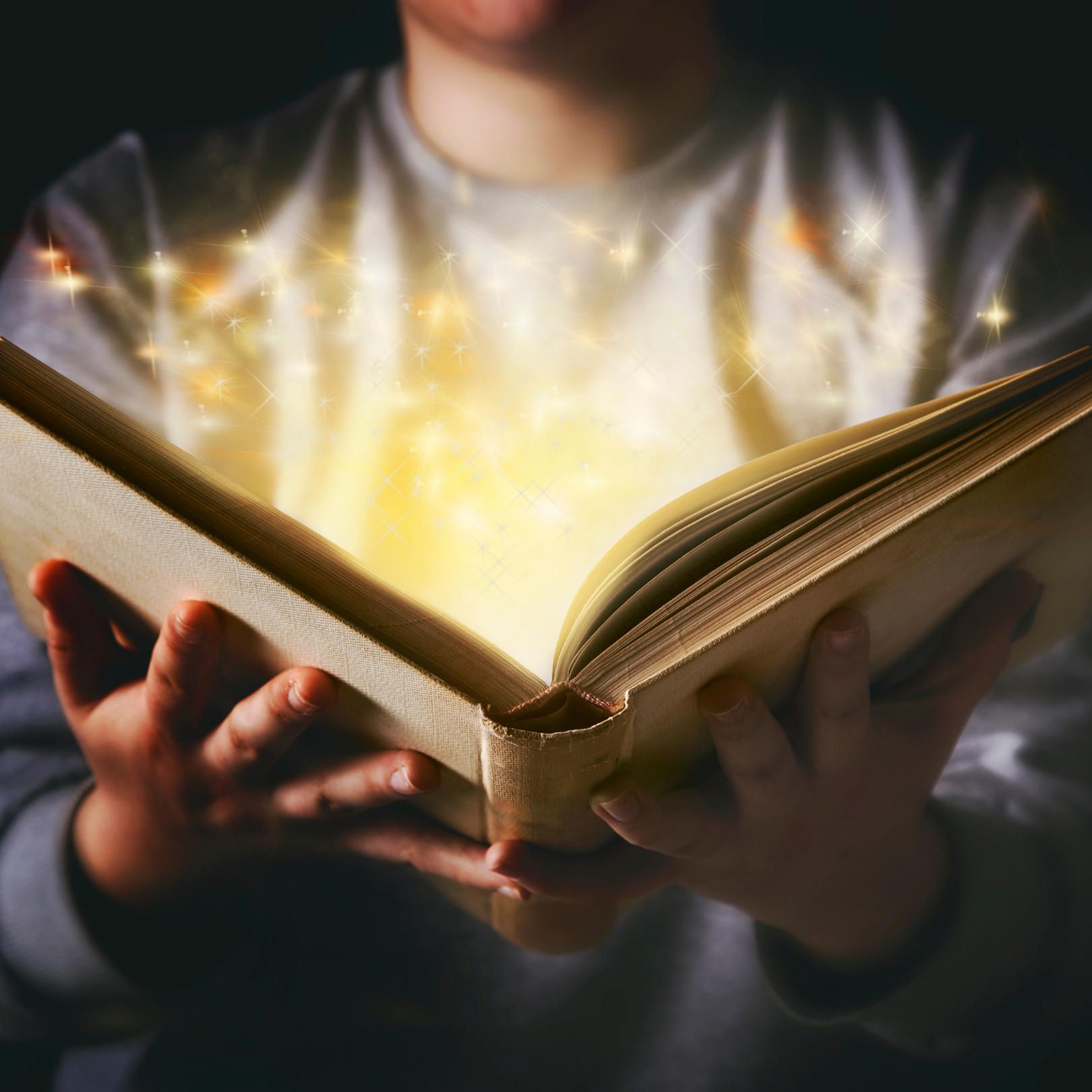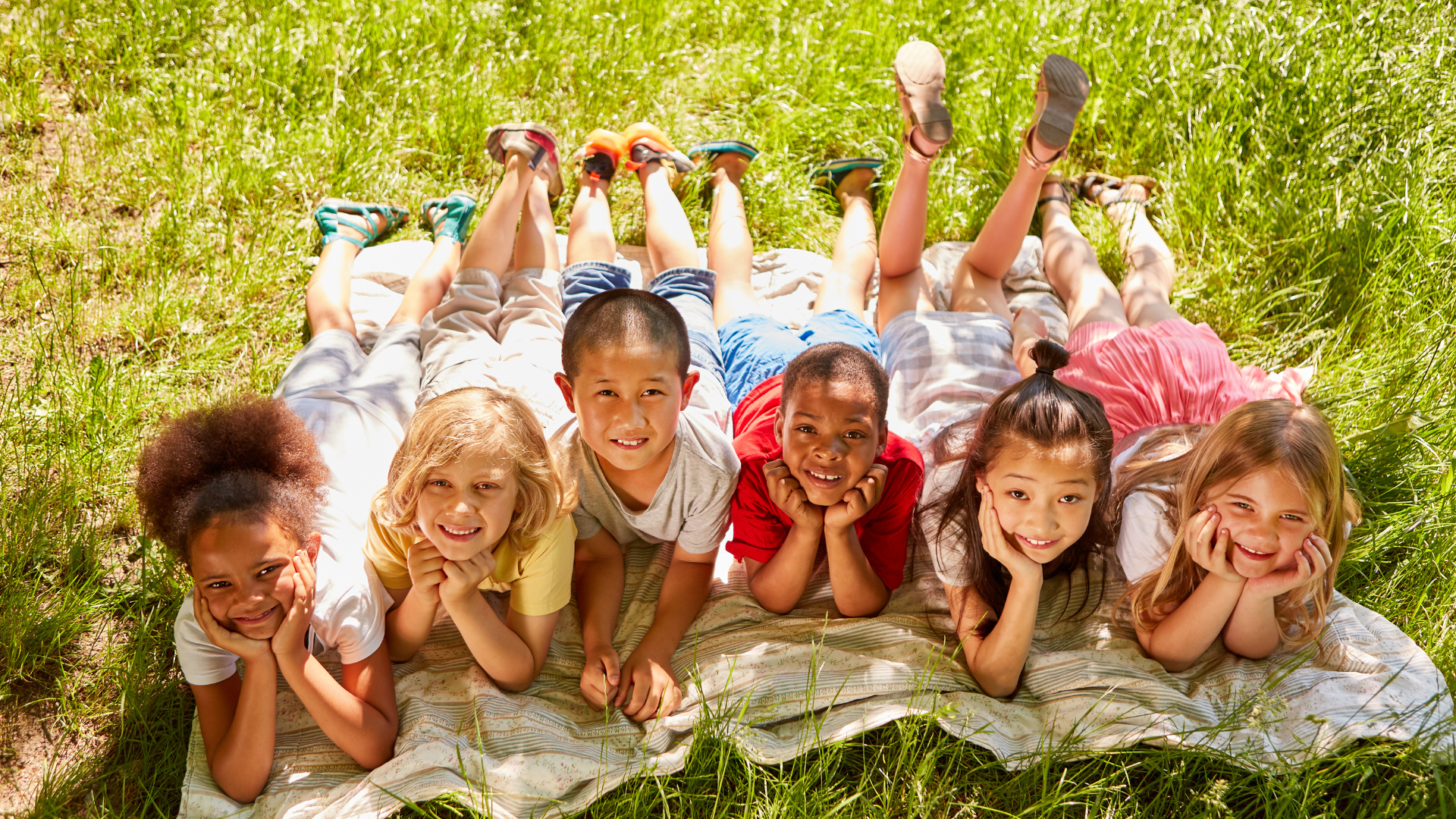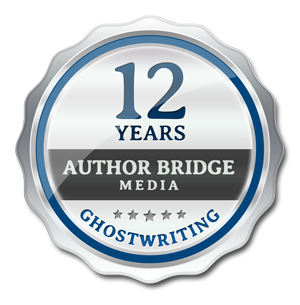Fuel for Storytellers
Our painful experiences can serve as fuel for our storytelling.

Your life challenges are fuel for your stories.
The first time my sister and I visited a famous beach city in California, we got lost. I pulled the car over to ask a group of teenagers on the sidewalk for directions.
My sister, who sat in the passenger seat, rolled down her car window.
“Which way is the Boardwalk?” she asked.
The group of about seven teenagers, their fair faces ruddy and golden hair radiant, wore t-shirts and cut-off jeans.
The tall, robust male who stood in the center of the group practically spit at my sister, “We don’t talk to Asians!”
My sister turned to me “Huh?” We had never heard anyone say such a thing to us.
From the driver’s seat, I leaned towards her window and looked straight into the eyes of the blonde girl standing next to the tall boy.
“Can you tell us which way the Boardwalk is?” I asked.
The girl’s eyes opened wide. She looked up at the guy and back at me, but didn’t say a word.
I spoke louder, as if talking to a friend “We’re just trying to get to the Boardwalk. Can you help us?”
Everyone in the group exchanged glances and looked at the guy in the middle.
I let the car motor idle. “Do we drive ahead, or do we turn around?”
The girl looked down at the sidewalk, then at me.
“It’s that way,” she said. Her finger pointed in the direction of our car.
“Thank you,” I yelled. “Have a great day!”
Having grown up in Honolulu, Hawaii, where Asians are a large part of the population, we had never experienced people speaking so harshly, just based on how we look. Yet, over the years, living on the U.S. mainland I have encountered many more such experiences, some far worse.

In recent months, in the wake of the anti-Asian racism movement, several friends asked me, “Have you experienced racism?”
When I share some of my stories, they remained silent for a moment.
“I’m sorry to hear that,” they say, then move on to the next topic.
I don’t normally share these racist experiences, because I know that many people—regardless of race—have suffered far greater challenges in life. They have overcome much more traumatic and tragic hardships.
I find it far more satisfying to listen to other people’s stories of trials, courage, and wisdom than to dwell on my own challenges.
Yet at this time, in the spirit of healing as humanity, I am sharing my perspective, so you get an idea of what many Asian-Americans confront on a daily basis. For my own well-being, I have long released any anger, resentment, and hurt over such incidents. But the memories still linger.
The truth is, we are all capable of hurting others, and I, too, have made racist transgressions against others. But I have asked forgiveness and made amends.
I know that we, as humanity, can also ask forgiveness, make amends and heal injustices.
I believe love is stronger than hate. Do you agree?
If so, next time you meet a stranger who is Asian or of any race other than yours, show some love. As a random act of kindness, give them a big smile, leave an extra tip, or just point them in the right direction.
Our painful experiences can serve as fuel for our storytelling.
Do you have a story about overcoming trauma? Or any other type of challenge?
Do you want to tell it in a book? I’d love to hear.
If you’re serious about writing a book, let’s find a time to chat.
by Helen Chang, ABM Editorial Director
Return to the top of "Fuel for Storytellers" page

